Sheep prices soaring in Sudan ahead of Eid El Adha
The high demand in the run-up to Eid El Adha (the Muslim Feast of the Sacrifice) on Sunday, has caused the price for sheep to rise sharply in Sudan.
The prices for an average sheep increased to SDG 6,000-8,000 ($ 133-178*), livestock traders told Radio Dabanga.
They warn for more prices increases as the sheep move from the various states to the capital.
 Sheep in Darfur (File photo)
Sheep in Darfur (File photo)
The high demand in the run-up to Eid El Adha (the Muslim Feast of the Sacrifice) on Sunday, has caused the price for sheep to rise sharply in Sudan.
The prices for an average sheep increased to SDG 6,000-8,000 ($ 133-178*), livestock traders told Radio Dabanga.
They warn for more prices increases as the sheep move from the various states to the capital. “We expect to sell sheep for SDG 10,000-12,000 in the last days before Eid,” trader Mohamed Abdelrahman said.
He said that the prices for small sheep now range between SDG 4,000 and SDG 5,000.The prices of Kabbashi sheep lie between SDG 6,000 and SDG 6,500, while the prices of large Hamari sheep range between SDG 6,500 and SDG 8,000.
Livestock trader Ahmed Badran explained that the sheep currently present in Khartoum are for “daily consumption for those who can afford it”. The sheep to be slaughtered on Eid El Adha come directly from “production areas in Kordofan, Darfur, East Nile, and El Faw”.
Government employee Jadallah Abdelrahman said he will not be able to buy a sheep this year. “None of my colleagues can, now all prices of basic commodities are surging,” he told this station from the Sudanese capital.
On Sunday, Radio Dabanga reported that it has become almost impossible for those with limited incomes to provide for their families’ daily needs.“My monthly salary is hardly enough anymore to cover the needs of my family for ten days, given the unprecedented high inflation these days,” a teacher in Khartoum said.
Our editorial independence means that we can continue to provide factual updates about political developments to Sudanese and international actors, educate people about how to avoid outbreaks of infectious diseases, and provide a window to the world for those in all corners of Sudan. Support Radio Dabanga for as little as €2.50, the equivalent of a cup of coffee.









 and then
and then